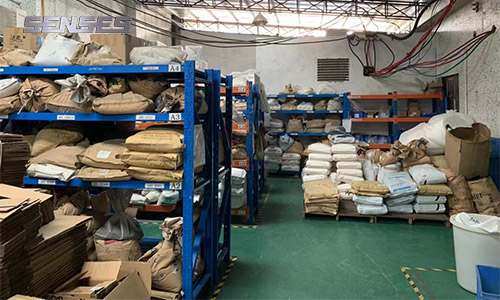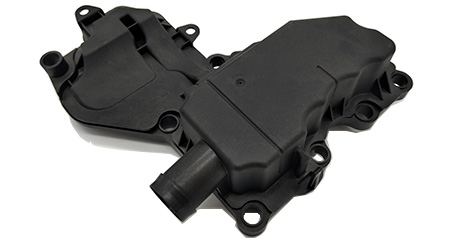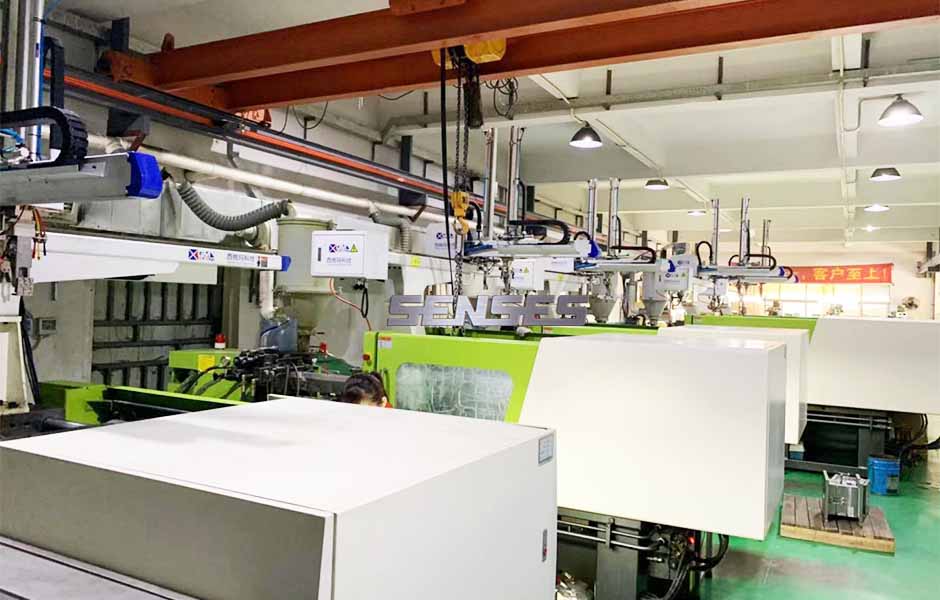Plastic injection molding uses granular or pelleted plastic resins to produce products ranging from automotive and airplane components to storage containers, musical instrument parts and hair combs. One of the most employed manufacturing processes because of its ability to produce enormous amounts of the same item, plastic injection molding uses a variety of plastic compounds such as polycarbonate, polystyrene, polyethylene, polypropylene, polyvinyl chloride, acrylic and Polytetrafluoroethylene.
Clamping and Injection
Most plastic injection molding machines require a short process cycle to make one item. Clamping is the first stage of the cycle and involves a hydraulically powered unit securing steel or aluminum mold halves together before a plastic compound is injected between the mold halves. During the injection stage, plastic compounds are melted by intense heat and pressure until molten. The amount of plastic injected into the mold halves is referred to as the “shot”. Injection times are calculated by the machine operator using injection pressure, injection power and shot volume variables.
Solidifying and Ejection
Immediately upon making contact with the mold surfaces, the melted plastic starts to cool and solidify. Since some shrinkage usually occurs due to rapid cooling, packing of plastic material during the injection stage permits extra material to enter the mold so that shrinkage does not affect the desired size of the product.
Once the part has sufficiently solidified, the machine’s ejection system takes over by opening the mold and pushing out the hardened object. Rigorous force aided by a mold releasing agent is necessary to cleanly eject the item. Time needed to open molds and eject parts is calculated using dry cycle times and how long it takes the finished plastic piece to fall into a container. Molds then clamp shut and move around to the area of the machine that injection takes place.
Quality Control
Products made by plastic injection molding machines share common defects typically due to miscalculated machine settings. For example, flash defects are caused by excessively high injection pressures or too low clamp forces. Warping may occur if cooling rates are non-uniform. Parts with tiny bubbles in them means the plastic compound may contain too much moisture or the injection temperature is superfluous. Finally, plastic injection molding products marred by ejector marks could be subjected to high ejection forces or short cooling times.
At Senses, our focus is on providing you with the finest services in design products, rapid prototyping, tooling design & manufacturing, injection molding services, products manufacturing, assembly.
Our Advantage:
1. Small details make big difference. We promise:All the parts from our company have no sharp edge. All dimensions are controlled according to your drawings. Every product will be fully inspected and carefully packed to prevent the bump and rust in transit .
2. The craftsmanship of all parts we machined is controlled rigorously, Every product has its own process card and process chart.
3. Our quality inspection procedure is quite strict.it must self-inspected during production, we have flow inspectors and professional inspectors.
4. Each size of product must be tested one by one after completing production and provide quality report.
5. The most important point, we are the entity factory, not trading company. Price is the composition of the actual product quality price. Quality can guarantee more controllable higher than trading company. The price is competitive, at least reducing the trade company’s service fee.
6.We have many years of export experience,exports to the US,Europe, Japan and other countries and regions.
7.Our team are more professional. We have more reasonable price and better quality controlling than trade company. And our language ability is also diversified.
Wide Material Selection
We stock more than 100 different thermoplastic resins and accept customer-supplied materials. Our selection of injection molding materials includes:
- PA (nylon)
- PMMA (acrylic)
- Polycarbonate (PC)
- ABS
- HDPE
- POM (Acetal/Delrin)
- PEEK
- TPU
- TPE/TPV

We have been serving customers in various fields, which include Commercial/Industrial Products

Contact Us for Custom Plastic Injection Molding
Senses are the injection molding experts providing a range of injection molding solutions including overmolding, insert molding and more as well as tooling and design assistance. Request a quote to get started on your custom plastic molding project.






